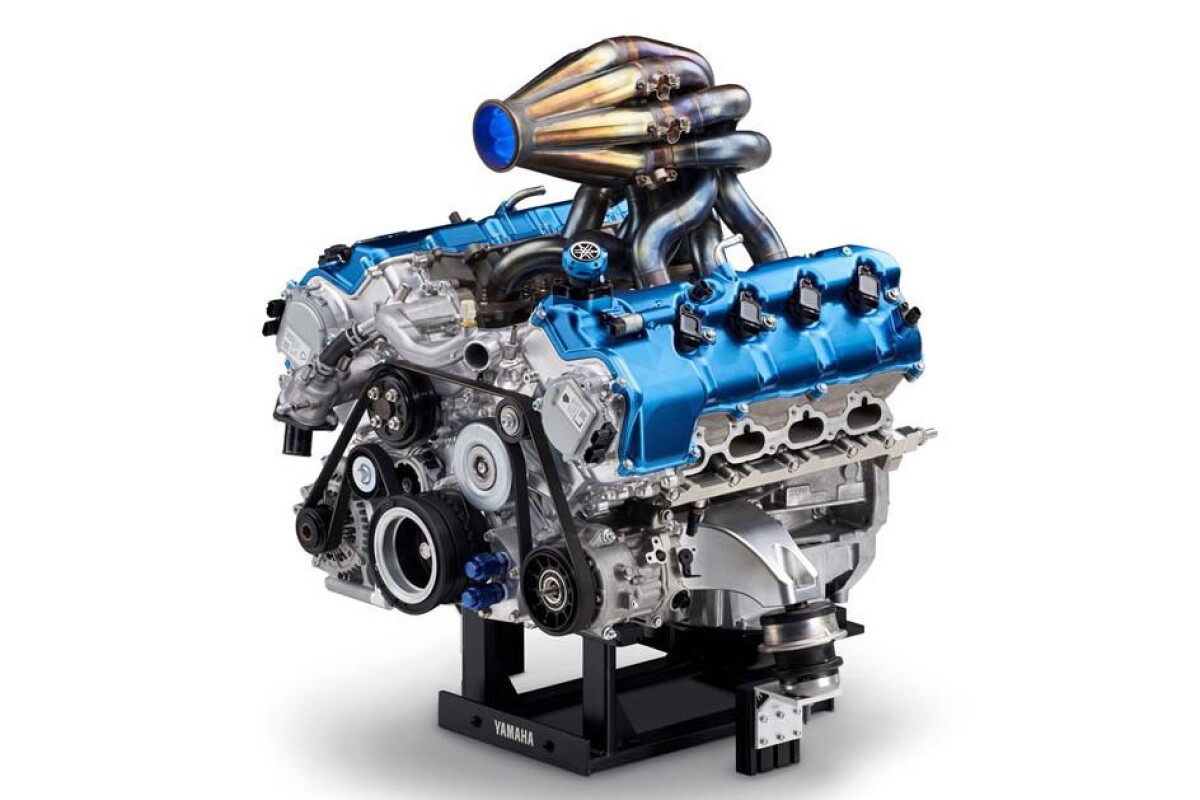Discover Sturdy and Reliable Products from Engines For Africa
Discover Sturdy and Reliable Products from Engines For Africa
Blog Article
A Complete Overview to Picking the Right Engine for Your Job
Choosing the ideal engine for your job is a vital choice that can considerably influence its total success. Each of these aspects plays a pivotal function in guaranteeing that your picked engine not only fulfills immediate objectives but likewise lines up with lasting ambitions.
Define Your Job Requirements
Specifying your job needs is a vital step in picking the proper engine for successful implementation. A detailed understanding of your task's objectives will lead you in determining the functions and capabilities required from an engine. Begin by outlining the extent of your project, consisting of the wanted capability, target market, and the certain results you aim to accomplish.
Following, consider the technological demands that straighten with your project objectives. This consists of assessing the compatibility of the engine with existing systems, along with the shows languages and frameworks that will be made use of. Furthermore, analyze the level of scalability needed to fit future growth or adjustments popular.
Spending plan constraints likewise play an essential function in specifying your task needs. Establish a clear monetary structure to lead your decision-making process, making certain that the engine selected fits within your budget plan while giving the necessary performance.
Evaluate Efficiency Needs

Following, consider the scalability of the engine. Analyze whether it can take care of boosted work as your task grows. Engines that support straight scaling are commonly better for bigger applications. In addition, assess the engine's performance under different conditions, such as peak usage scenarios, to guarantee it meets your reliability requirements.
Consider Convenience of Use
While technological specifications are important, the ease of usage of an engine can dramatically impact the development procedure and overall job success. An intuitive user interface, clear documents, and streamlined workflows can substantially minimize the understanding curve for developers, allowing them to focus on creative thinking and analytic rather than grappling with complex tools.
When reviewing an engine's convenience of use, consider the onboarding experience. A well-structured introduction, total with tutorials and sample jobs, can facilitate a smoother transition for brand-new individuals. Additionally, the clarity and comprehensiveness of the engine's documents play an important function; comprehensive overviews and API referrals can empower developers to repair and carry out functions effectively.
Another aspect to consider is the engine's personalization capabilities. An engine that permits simple adjustments can be much more easy to use, as designers can customize it to fit their specific needs without extensive problem. Analyze the process integration with systems and tools you currently utilize. A cohesive ecological community can enhance performance and lower rubbing during the advancement process. Inevitably, choosing an engine that prioritizes convenience of usage can bring about a more efficient and delightful development experience.
Assess Community and Support
The stamina of an engine's neighborhood and support network can greatly influence a designer's experience and success. A vivid neighborhood commonly indicates a wealth of common understanding, resources, and troubleshooting help that can boost your project's advancement procedure. When examining an engine, consider the size and activity degree of its neighborhood. Larger communities usually supply a lot more forums, tutorials, and third-party plugins, allowing designers to locate remedies much more effectively.
In addition, assess the availability of main assistance channels. Reliable documents, responsive consumer support, and normal updates are important for addressing technical concerns and keeping your task on track. Engines For Africa. Energetic communities likewise foster partnership, providing chances for networking and feedback, which can be very useful, especially for little groups or independent designers
Additionally, check out the presence of community-run events, such as meetups or hackathons. These gatherings can click this enhance your understanding of the next engine while attaching you with knowledgeable users and potential collaborators. In summary, a robust neighborhood and assistance system not just improve advancement yet additionally create an atmosphere for finding out and innovation, ultimately improving the probability of your task's success.
Contrast Cost and Licensing Options
Budget considerations play a crucial function in choosing the best engine for your job, as the price and licensing alternatives can significantly impact both temporary expenditures and lasting stability. Engines For Africa. Various engines offer differing pricing structures, which can include one-time acquisition costs, registration versions, or revenue-sharing arrangements based upon your job's incomes

Certifying options also vary considerably. Some engines are open-source, providing flexibility and community-driven support, while others might call for exclusive licenses that restrict usage and circulation. Recognizing the ramifications of each licensing design is important, as it affects ownership civil liberties, future scalability, and possible legal obligations.
Verdict
In verdict, picking the proper engine for a job necessitates a comprehensive examination of defined project needs, efficiency demands, simplicity of use, community support, and price factors to consider. By methodically addressing these important factors, decision-makers can make certain placement with both future and present project needs. A well-informed choice ultimately boosts the probability of project success, making it possible for efficient source allowance and making best use of prospective outcomes within the defined monetary constraints.
Choosing the appropriate engine for your job is a vital article source choice that can substantially influence its general success.Specifying your project needs is a crucial step in picking the suitable engine for effective implementation. A detailed understanding of your task's objectives will certainly lead you in determining the attributes and capabilities needed from an engine.As soon as you have a clear understanding of your project needs, the following action is to evaluate the efficiency needs of the engine.In conclusion, selecting the proper engine for a task necessitates a thorough examination of specified job demands, efficiency requirements, ease of use, area support, and expense factors to consider.
Report this page